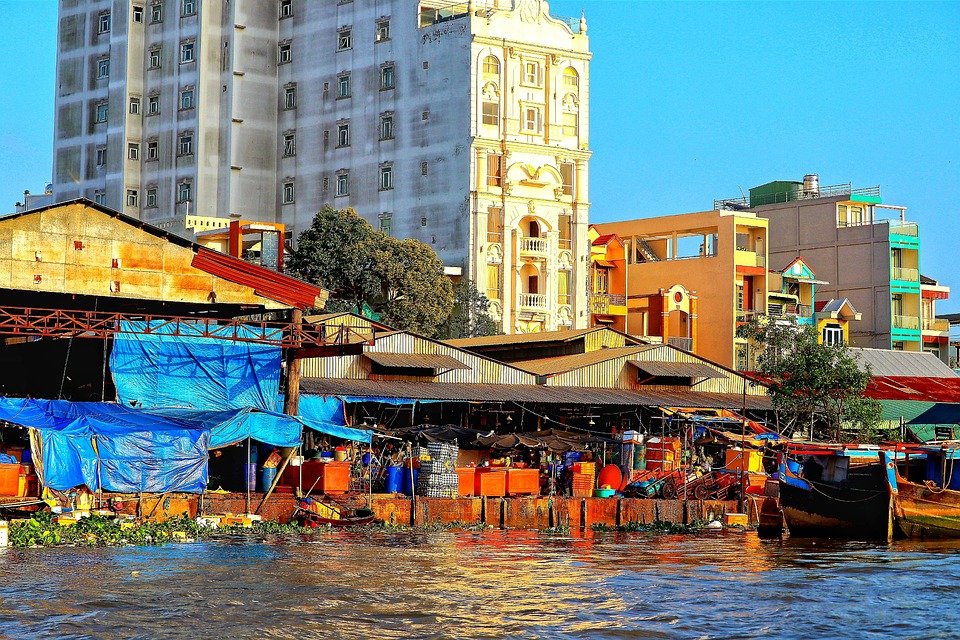Rich List Revealed: The People Behind the Fortune and Their Impact on Society
In contemporary society, wealth is often equated with power, influence, and prestige. The annual unveiling of the “Rich List” draws attention not just to the staggering amounts in bank accounts but also to the individuals behind these fortunes. From tech entrepreneurs to real estate moguls, these individuals shape economies, influence public policy, and drive cultural changes worldwide. This article explores some of the prominent figures on recent rich lists, their sources of wealth, and their broader impact on society.
The Titans of Tech
Technology continues to dominate the lists of the world’s wealthiest individuals. Figures like Elon Musk, Jeff Bezos, and Bernard Arnault represent the pinnacle of innovation and entrepreneurial spirit. Musk, CEO of SpaceX and Tesla, has revolutionized electric vehicles and space travel; his ventures prompt discussions around sustainability, climate change, and future technology. Bezos, founder of Amazon, has changed the way we shop, but he also faces scrutiny for work practices and his significant role in the decline of traditional retail. Arnault, leading the luxury brand LVMH, underscores how consumerism and luxury goods fit into modern capitalism.
These tech titans not only amass personal fortunes but also stimulate unprecedented job creation and technological advancement, impacting millions. However, their wealth also fuels debates about income inequality, corporate responsibility, and regulatory frameworks, as the benefits of their success are often unequally distributed.
The Financial Wizards
The world of finance also boasts its share of ultra-wealthy individuals. Figures like Warren Buffett and Jamie Dimon point toward the financial sector’s influence on global markets and economies. Buffett, often referred to as the “Oracle of Omaha,” has built his wealth through strategic investments and is known for his philanthropy, pledging to give away the majority of his fortune. His investment principles emphasize integrity and long-term value, influencing countless investors worldwide.
In contrast, Dimon, CEO of JPMorgan Chase, represents the duality of the financial sector: the power to foster economic growth while also being at the center of financial crises. Banking leaders like Dimon face increasing pressure to enact reforms, ensuring responsible lending and investing that benefits both shareholders and the public.
Real Estate and Beyond
Beyond tech and finance, real estate moguls like Donald Bren and Stephen Ross exemplify how property investment shapes urban landscapes. Bren, with his diverse holdings in California, focuses on environmental sustainability, showcasing how wealth can be leveraged for eco-friendly development. Ross, who has invested heavily in New York City projects, reflects the intersection of wealth, urban development, and socio-economic impact, prompting discussions about gentrification and housing affordability.
Philanthropic Contributions
A notable trend among the ultra-rich is their increasing commitment to philanthropy. The Bill and Melinda Gates Foundation stands out as one of the most significant philanthropic organizations worldwide, focused on global health, education, and poverty alleviation. Many billionaires take the Giving Pledge, committing to donate the majority of their wealth to charitable causes, thereby attempting to address societal inequities and global challenges.
This philanthropic shift has sparked debates about the role of the wealthy in tackling societal issues. Should billionaires be seen as benevolent leaders stepping in where governments may fail, or does their wealth concentration diminish collective responsibility?
Cultural Influence
Finally, the rich also leave their mark on culture and politics. Celebrities turned billionaires like Rihanna and Jay-Z have transformed industries, bringing unique perspectives and socio-political commentary through their work. Their influence extends beyond entertainment; they engage in social activism, often addressing issues like racial inequality and social justice, making substantial waves in public discourse.
Conclusion
The individuals topping the rich lists are more than mere names and figures; they embody the complexities and contradictions of modern wealth. Though their fortunes enable them to initiate significant advancements and philanthropy, these riches also raise essential questions about power dynamics, social responsibility, and the very nature of success in the 21st century.
As society continues to evolve, understanding the consequences of wealth and the responsibilities that accompany it will be crucial in shaping a more equitable future. The fight for a balanced societal structure—where wealth contributes to the greater good—remains an ongoing journey, with the rich playing an indispensable role in that narrative.




